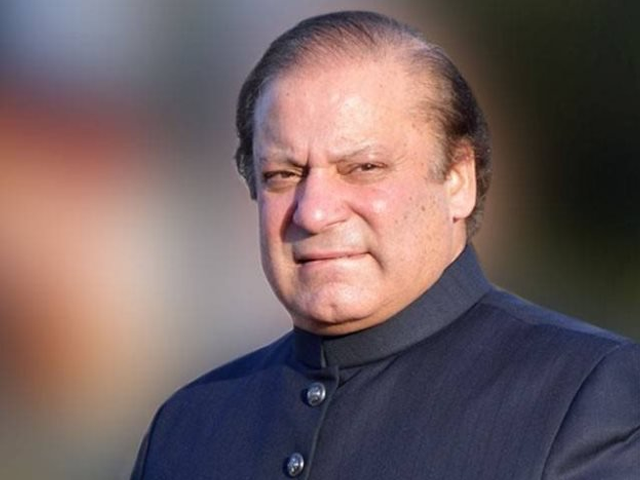Is it really the end of Nawaz?
History tells us elected leaders removed through shenanigans cannot be written off completely

History tells us elected leaders removed through shenanigans cannot be written off completely. PHOTO: FILE
Let’s go back to October 1999 when Nawaz was ousted from power in a bloodless coup by then army chief Pervez Musharraf. Within hours of his failed attempt to install General Ziauddin Butt as new army chief, Nawaz and co were handcuffed and put behind bars. He was kept at an infamous Attock Fort. The military dictator, as was expected, framed the ousted prime minister in a series of corruption and criminal cases including hijacking his airplane. The ATC found him guilty and handed him a life term while the accountability judge barred him from holding any public office for at least 21 years. But under a clandestine deal, Nawaz and his family were sent into exile in Saudi Arabia for 10 years. It was curtains for Nawaz who came on the back of the military establishment which finally wrote his political obituary. Hence Pakistani politics was without two key political players—Nawaz Sharif and Benazir Bhutto, who was already living in self-imposed exile.
Verdict is vindictive, expected nothing less from courts: Nawaz Sharif
Political pundits and those who observe Pakistani politics closely concluded that the era of Sharifs and Bhuttos was over.
After consolidating his grip on power, Musharraf announced restoration of so-called democratic rule in 2002. His able generals in the ISI created Q-League comprising politicians defected from Nawaz’s party through coercion or fear of being implicated in corruption cases. Benazir’s Peoples Party was also cut to size with the formation of a forward bloc. That political engineering enabled Musharraf to restore a tame form of democracy. While Nawaz was out of people’s memories, Benazir occasionally made statements from London and Dubai. For a good seven years, Musharraf successfully managed to keep Nawaz and Bhutto out of the political scene. But the facade he created in the name of democracy was certainly not sustainable. Musharraf started losing his grip on power at the start of 2007 when he unceremoniously sacked then chief justice Iftikhar Muhammad Chaudhry. The same year he began secret negotiations with Benazir Bhutto whom the establishment had earlier declared a pariah. That opened up an opportunity for embattled Nawaz too. All of sudden both Nawaz and Benazir, who were long written off by their detractors, once again emerged key players while Musharraf was on his way out. In the later part of 2007, it became abundantly clear that both Nawaz and Benazir were here to stay. Unfortunately, Benazir was assassinated in a gun and bomb attack in 2007. Her party, however, won the 2008 parliamentary elections.
The fault in Nawaz narrative
Meanwhile the same judiciary that handed Nawaz a life sentence and barred him from taking part in politics had begun to undo their earlier verdicts. Nawaz was acquitted in the plane hijacking case, reviving the political fortune of the two-time former prime minister. Against all odds and troubles, Nawaz’s League won the parliamentary elections in May 2013. But yet again he could not complete his full five-year term. It is true that Nawaz must share the blame for the quagmire he today finds himself in. But his political demise through court rulings is not the answer. History tells us elected leaders removed through shenanigans cannot be written off completely. They will continue to stage comebacks unless they are allowed to die politically.
Published in The Express Tribune, April 16th, 2018.
Like Opinion & Editorial on Facebook, follow @ETOpEd on Twitter to receive all updates on all our daily pieces.














COMMENTS
Comments are moderated and generally will be posted if they are on-topic and not abusive.
For more information, please see our Comments FAQ